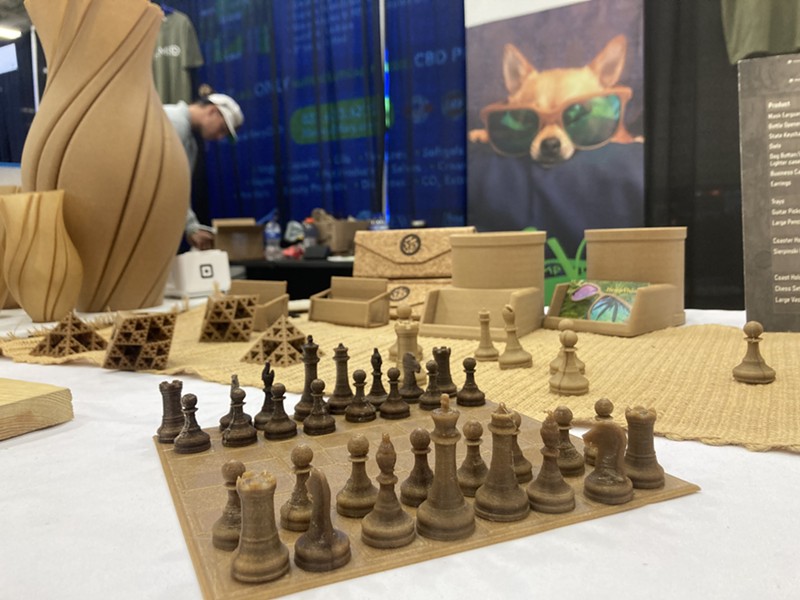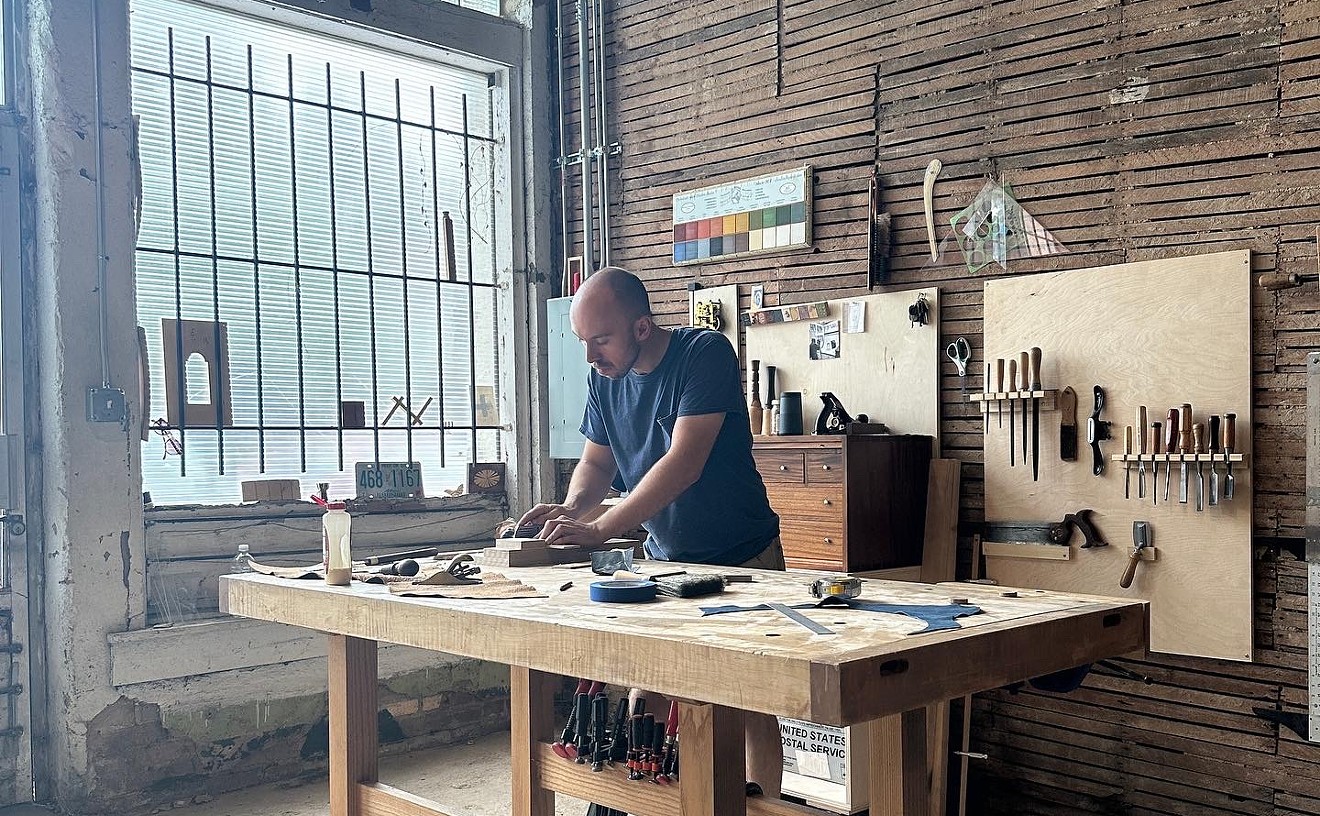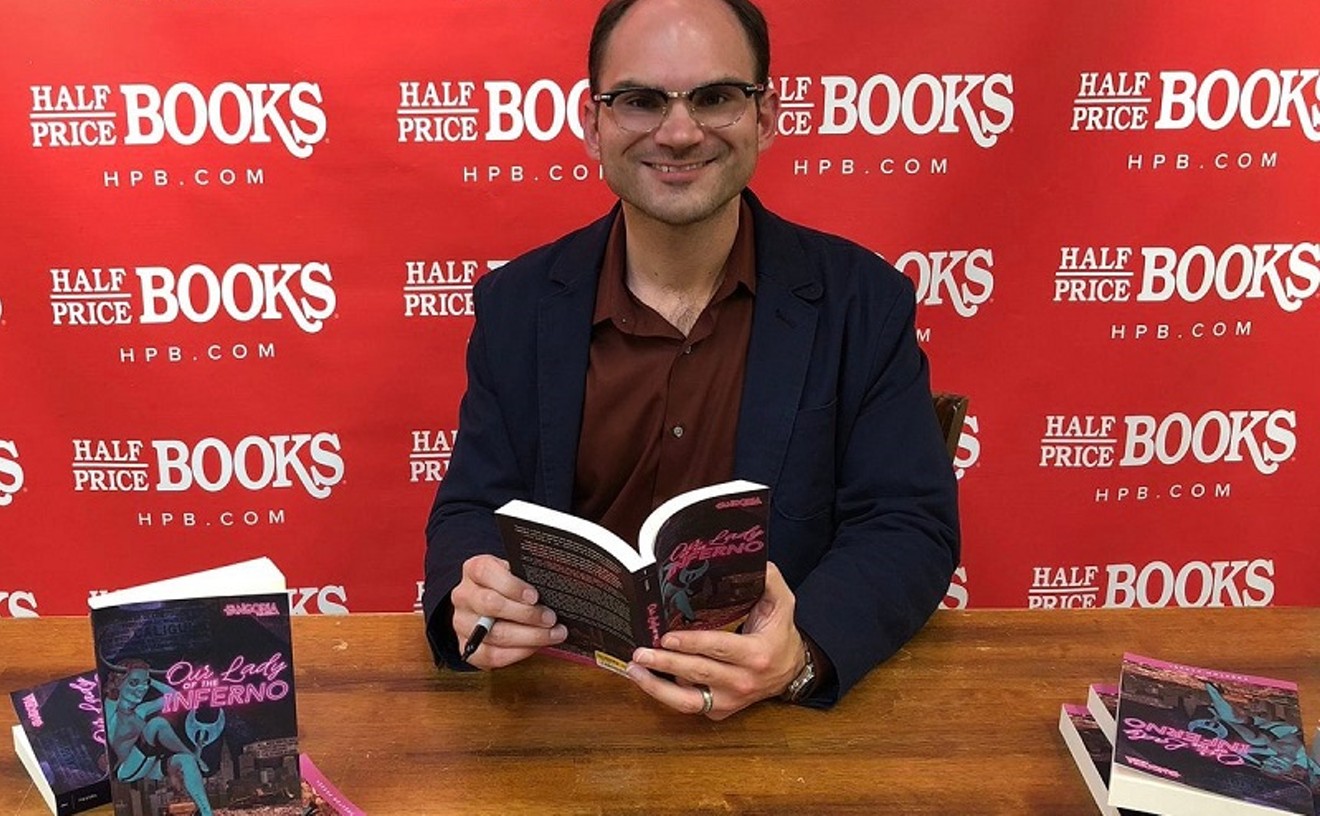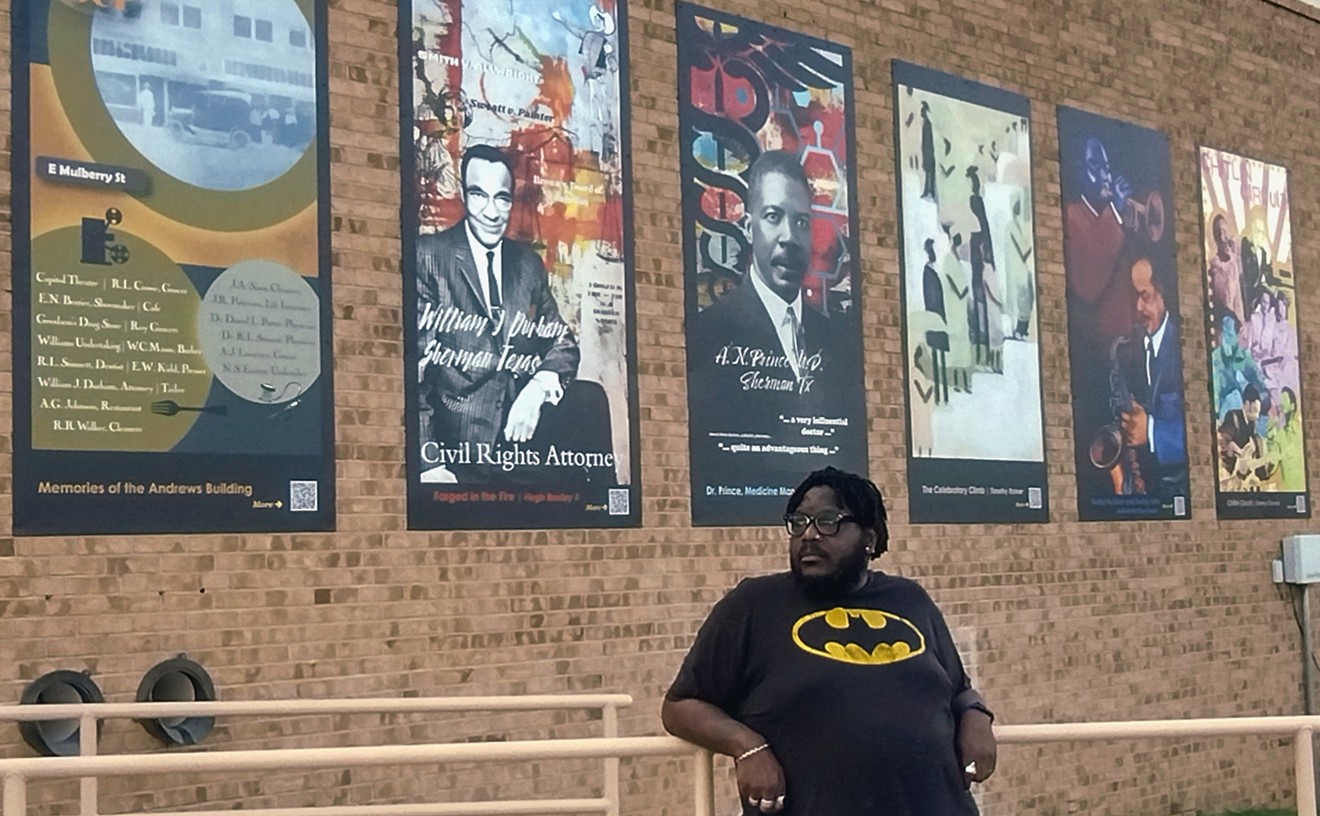Since the legalization of hemp in 2019, Texas farmers and retailers have faced unique challenges they may not have been prepared for, but the convention gives them the opportunity to be as prepared as they can be for the unexpected.
Legalities aside, Texas is already a gamble for cannabis growers. One of the most mind-blowing losses in Texas came from Matagorda County, where fourth-generation farmer Troy Owen planted 500 acres of hemp plants twice during the 2019 growing season and lost both crops to the Texas climate. It was a six-figure loss for Owen and his team. On the retail side of the industry, local CBD stores often go out of business because of a lack of industry knowledge, low quality products and an inability to win over customers.
We can talk about the over-saturation of products and hemp retail stores, but revenue shows that the CBD industry is continuing to flourish. In 2020, CBD product sales in the United States brought in an estimated $5 billion, and that number is expected to reach nearly $17 billion by 2025. Texans want their slice of that, and those at the convention confidently maneuvered through the showroom and speaking sessions by networking and soaking up as much industry knowledge as they could.
One major difference between the 2019 and 2021 Texas Hemp Convention’s was the number of Texas-based hemp companies that represented the state in this year’s event. Texas didn’t have any type of hemp brands a few years ago, and roughly have the roughly half of the brands represented at the show were from Texas.
Chase Nobles, CEO and co-founder of Kush.com, the world’s largest hemp trading platform and the brand behind the Texas Hemp Convention, said the show is used to create a live marketplace and a physical representation of the networking and business that takes place every day at kush.com.
“We serve tens of thousands of vendors and buyers every month,” Nobles said. “And to be able to get all these great vendors out here and meet them all in person and be able to shake their hands and see how they are doing is really important for the market to build the community.”
There are more than 56,000 registered wholesalers and buyers using the kush.com platforms to scale their businesses.
“What happened when we did the first Texas hemp convention, Texas had just legalized hemp, so everybody that had a thought about starting a company came to the Texas Hemp Convention,” Nobles said. “And you come back a year and a half later and now those people have started businesses, and that is what you see here now, and that is the power of what we are trying to do, is give people the environment to get the information they need to either start, scale, find suppliers and build the business that they want to create.”
Dallas-based companies CBD Farm House, Oak Cliff Cultivators and Pretty Rolls had booths set up and looked like they had been in the industry for a decade. Other local brands such as Royal Hemps and Roach & Bud had their logos displayed on sponsorship materials spread out throughout the convention center and on every bag that was given to attendees.
But it was Horn Creek Hemp that stole the show with their 2021 first place High Times Hemp Cup winner. The Oregon-based family farm had exceptional flower and the awards to back it up. Their sun-grown Lifter strain beat the second-place Papaya Nights, which was cultivated indoors. They also won several first-place awards from the 2020 Cultivation Classic, which put their product entries through a more complex evaluation system. Judges received CBD and THC samples to test but were not told whether what they were testing was CBD or THC. Judges awarded Horn Creek’s Hemp flower first-place over high-THC strains.
Many consumers believe that indoor flower has more potent effects, but that is not always the case. Some of this notion stems from indoor growers being able to control the exact amount of water and artificial sunlight that the plants need as opposed to sun-grown flower that has a relationship with nature that's full of ups and downs.
A few factors that put outdoor plants at risk are the damage from natural weather, pests and mites eating crops and the possibility of cross-pollination from neighboring farms, which will drastically drop the value of the flower once it is harvested. But with the right system and weather conditions, and a little bit of luck, growers can produce high-quality sun-grown nugs that can rival indoor crops.
Even with their sun-grown success, Horn Creek Hemp owner Paul Murdoch said he and his family will be growing and harvesting hemp using greenhouses.
“You can do outdoor really high quality, you just have to pay attention and be somewhat lucky because there is weather,” Murdoch said. “The challenges with the consumer is all they know is that greenhouse [and indoor] is better but they haven’t been able to really compare it.”
One of the most creative hemp companies was Nebraska-based Hemp3D, which uses hemp fibers and a 3-dimensional printer to create hemp vases, hemp sunglasses and a hemp chess set among other products they displayed at the convention. Hemp fibers are extremely eco-friendly and versatile and can be used in different industries as varied as apparel and construction. Hemp3D focuses on lifestyle products and will soon have enough hemp-made items to fully furnish a room in a home.
Texas A&M students who are a part of the university’s hemp breeding program were at the convention with their research. They spent the weekend educating attendees on the program and the type of research they do. Texas A&M is one of the few universities in the country with a school-accredited hemp program.
"Hemp has gotten a really bad reputation for a long time and it’s unfortunate.” – Student Olivia Lesnick
tweet this
The school specializes in hemp breeding and engineering techniques that will help improve the quality of the hemp grown by farmers in Texas.
"We are breeders so we want to make strains for everything,” said Ezekiel Soto, a graduate student in the program. "If you want it to be for cannabinoid production, fiber, we do all of it.”
The students send their seeds out to five different labs that test them. The students then use that data and dive back into the genetics to find ways to make the seeds acclimate better to Texas growing conditions.
Olivia Lesnick, an engineering student at Texas A&M, said getting the right information out there is extremely important for the program and the Texas cannabis industry itself.
"Hemp has gotten a really bad reputation for a long time and it’s unfortunate,” she said. “There is so much that can actually be done to help people, so we’re all about educating people on its actual benefits and getting rid of some of those internet science claims.”
Which direction Texas’ cannabis market will turn will be determined, but Texas industry professionals continue to fight for more expansive programs and regulation.














